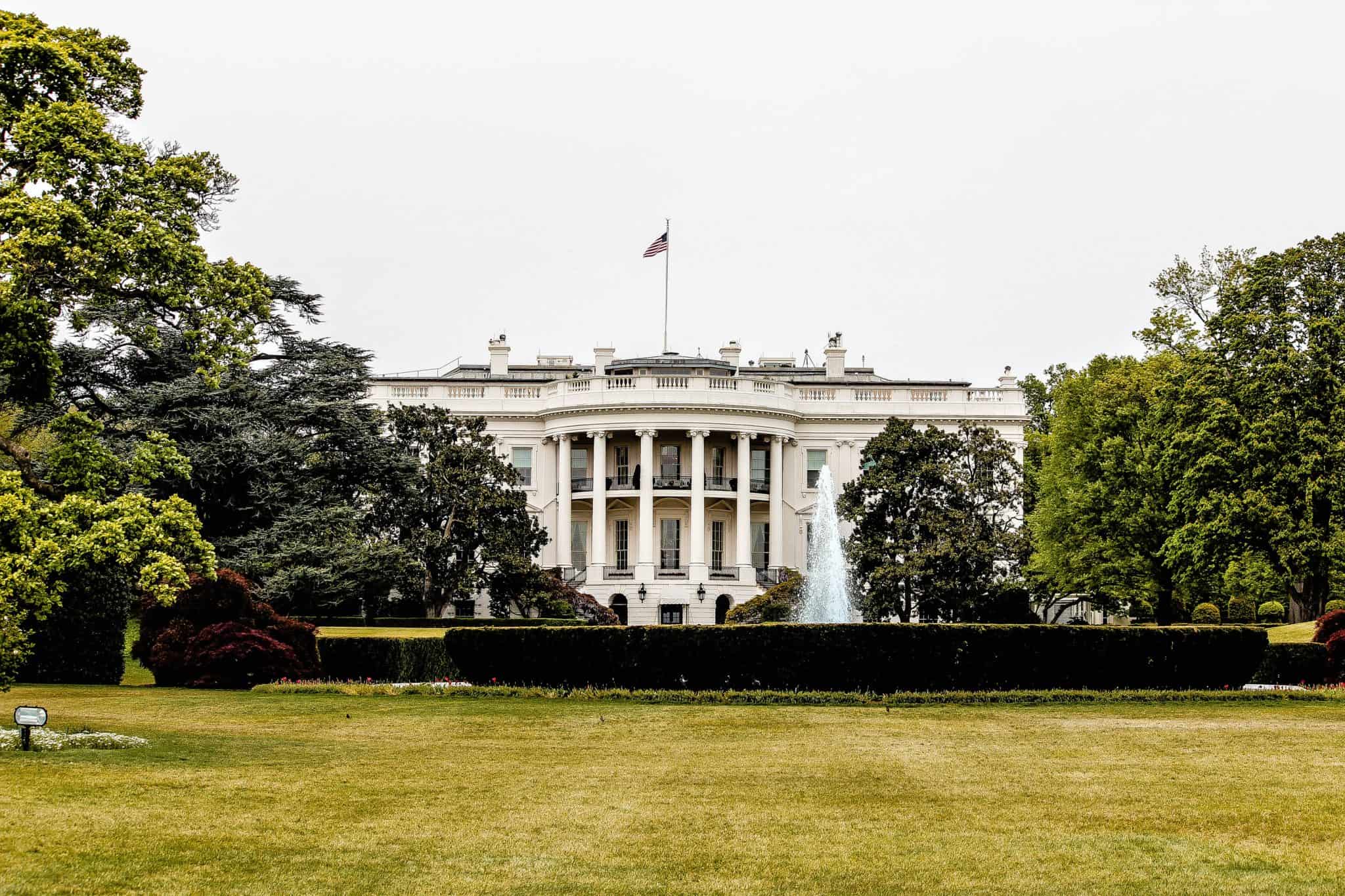Mackenzie Bouverat is a student at Harvard Law School.
Following the victory of President-elect Joe Biden, focus has pivoted away from the tumult of electoral politics to the work of governance. Given the likelihood of a Republican-majority in the Senate, the incoming Administration is likely to face difficulty enacting the more ambitious facets of his labor agenda, as Deanna wrote yesterday. However, observers are speculating about the various mechanisms–including more robust OSHA enforcement and pro-labor appointments to the NLRB–through which the President-elect could see through parts of his agenda without resorting to the legislative process.
Last Friday, the Labor Department announced the addition of 638,000 jobs last month—the sixth straight monthly gain—and the jobless rate fell a percentage point to 6.9%. Of the 22 million jobs lost in March and April, the job market has now recovered 12.1 million. But according to the Wall Street Journal and CNBC, this is little cause for economic optimism: the recent record-breaking explosion in new coronavirus infections is likely prompt cities and states to shutter businesses again and force consumers to stay at home, reducing spending and inducing employers to cut labor costs.
Federal stimulus relief talks remain at a bitter standstill, and the majority of commenters expect no significant progress on a bipartisan “lame duck” package until January. Mitch McConnell has already indicated his unwillingness to compromise with Democrats on a “big stimulus” bill, indicating that he believes that small package is sufficient in light of the better-than-expected jobs report.
During a disconcerting investor call last Thursday, Uber CEO Dara Khosrowshahi indicated that the ride-share company’s intention to extend Prop 22 to other states: “Going forward, you will see us more loudly advocate for new laws like Prop 22, which we believe strike the balance between preserving the flexibility that drivers value so much, while adding protections that all gig workers deserve […] We want to have a dialogue with governments [in] other states.” Anthony Foxx, chief policy officer at Lyft, expressed a similar desire to export the ballot measure in an interview last Wednesday with The Hill: “Ideally, now that this issue has been resolved in California we can have a broader conversation about how to replicate something like Prop 22.”






Daily News & Commentary
Start your day with our roundup of the latest labor developments. See all
December 10
In today’s News and Commentary, advocacy groups lay out demands for Lori Chavez-DeRemer at DOL, a German union leader calls for ending the country’s debt brake, Teamsters give Amazon a deadline to agree to bargaining dates, and graduates of coding bootcamps face a labor market reshaped by the rise of AI. Worker advocacy groups have […]
December 9
Teamsters file charges against Costco; a sanitation contractor is fined child labor law violations, and workers give VW an ultimatum ahead of the latest negotiation attempts
December 8
Massachusetts rideshare drivers prepare to unionize; Starbucks and Nestlé supply chains use child labor, report says.
December 6
In today’s news and commentary, DOL attempts to abolish subminimum wage for workers with disabilities, AFGE reaches remote work agreement with SSA, and George Washington University resident doctors vote to strike. This week, the Department of Labor proposed a rule to abolish the Fair Labor Standards Act’s Section 14(c) program, which allows employers to pay […]
December 4
South Korea’s largest labor union began a general strike calling for the President’s removal, a Wisconsin judge reinstated bargaining rights for the state’s public sector workers, and the NLRB issued another ruling against Starbucks for anti-union practices.
December 3
Public employees regain union rights in Wisconsin; Volkswagen workers strike in Germany; USPS calls NLRB unconstitutional